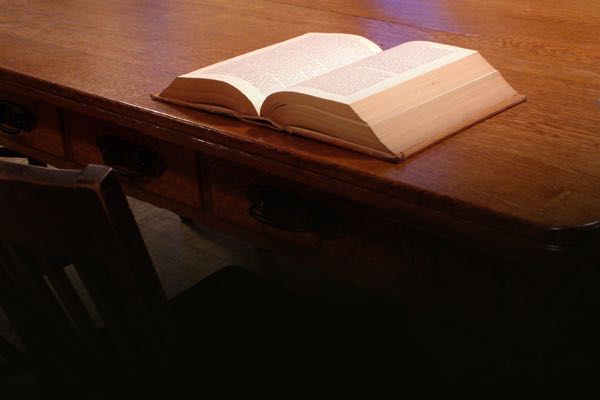
Nihilists (derived from the Latin word nihil, meaning “nothing”) reject the idea any moral claim could be either true or false. Some nihilists believe moral claims don’t actually describe what the universe is like, but instead describe how humans feel about events occurring in the universe.
For example, the statement, “Jesse tortured his victim,” is true or false because it describes an event in the universe. But the statement, “It was morally wrong for Jesse to torture his victim,” does not describe an event. Instead, this second statement merely expresses an attitude about the event. The second statement cannot, according to this view, be classified as either true or false.
In addition, “Logical Positivist” nihilists argue against moral truth claims because such features of the universe cannot be verified or confirmed by observation or perception. Since we cannot verify (or falsify) the sentence, “It was morally wrong for Jesse to torture his victim” with our empirical senses, or through some process of empirical testing, they believe the sentence is meaningless. While this approach certainly eliminates the need to account for the evidence of moral truth by rejecting this kind of truth altogether, it suffers from several explanatory liabilities:
This Approach Is More Evasive Than Explanatory
Like efforts to redefine free will or consciousness, this approach to moral truth simply evades the question altogether. When detectives enter a crime scene and encounter a piece of evidence, we’re not allowed to avoid the evidence by redefining or ignoring it. Moral truth cannot be similarly ignored or redefined. All of us have a strong inclination to make moral judgments, even those of us who deny morality is a real feature of the universe. Simply denying the existence of moral truth does not effectively eradicate it.
This Approach Inappropriately Elevates Empirical Observation
Many truths can’t be verified through empirical processes of examination. They can’t be accessed through those routes. Truths related to logic and mathematics, for example, must be embraced prior to any empirical, scientific examination. In addition, the assertion: “The only meaningful claims are those we can verify with our senses,” is itself a claim we cannot verify with our senses. It is a self-refuting assertion violating its own foundation. There are many truths we accept even though we cannot verify them empirically. Moral truths are but one example. Professor of Philosophy, Emmet Barcalow puts it this way: “most philosophers today reject the view that a sentence is meaningless if it is used to attribute properties whose presence cannot be detected by means of empirical observation and testing. So even if sentences attributing the property of being morally wrong to things cannot be verified or confirmed by appeal to observation, it doesn’t follow that they’re meaningless. It only means that they’re not verifiable or confirmable. They still could be true or false. And then it would only follow that we cannot appeal to observation to verify or confirm the truth of a claim attributing a moral property to something.”
Efforts to avoid accounting for the existence of objective, transcendent moral truth by denying their existence amount to little more than linguistic exercises in futility. Moral truths are not an illusion or series of meaningless expressions. Atheist philosophers who recognize and admit the existence of objective, transcendent moral truths have a difficult task at hand, however. How can such transcendent truths and personal obligations be grounded in something other than a Transcendent Personal Being? The better explanation is a transcendent, all-powerful Being “outside the room” of the natural universe. If such a powerful Being exists, He would certainly have the power to eliminate moral imperfection. This kind of Being could adequately ground the objective, transcendent moral truths we all recognize. This short blog is an excerpt from God’s Crime Scene. For more information, refer to Chapter Seven – Law and Order: Is Morality More Than An Opinion?

J. Warner Wallace is a Dateline featured Cold-Case Detective, Senior Fellow at the Colson Center for Christian Worldview, Adj. Professor of Christian Apologetics at Talbot School of Theology, Biola University, author of Cold-Case Christianity, God’s Crime Scene, and Forensic Faith, and creator of the Case Makers Academy for kids.
Subscribe to J. Warner’s Daily Email
J. Warner Wallace is a Dateline featured cold-case homicide detective, popular national speaker and best-selling author. He continues to consult on cold-case investigations while serving as a Senior Fellow at the Colson Center for Christian Worldview. He is also an Adj. Professor of Christian Apologetics at Talbot School of Theology, Biola University, and a faculty member at Summit Ministries. He holds a BA in Design (from CSULB), an MA in Architecture (from UCLA), and an MA in Theological Studies (from Gateway Seminary).
































